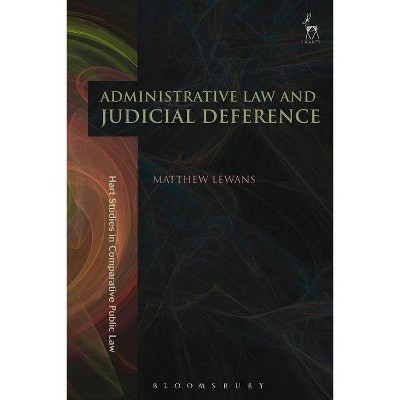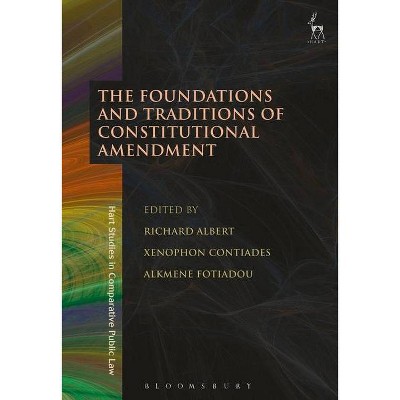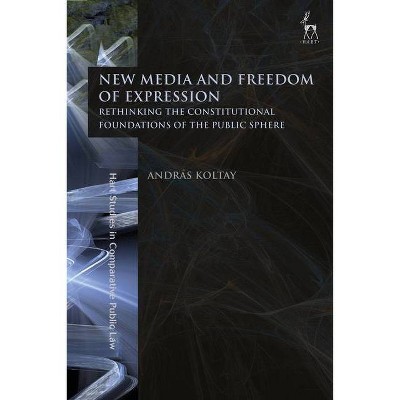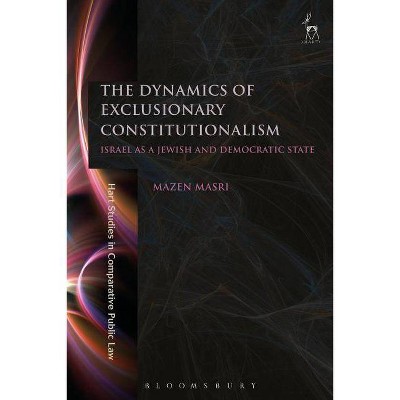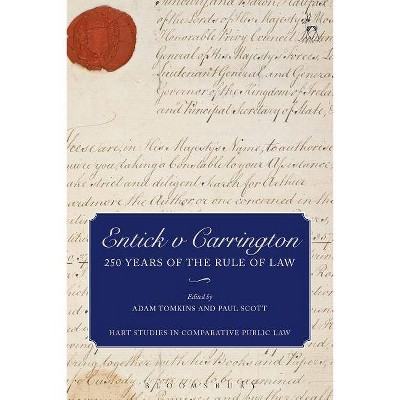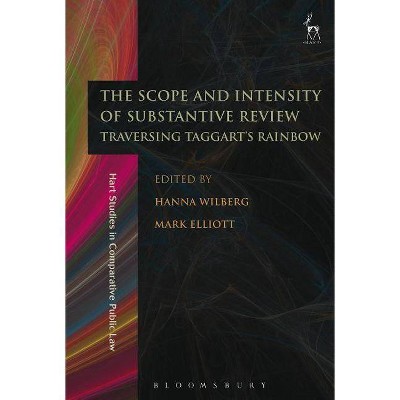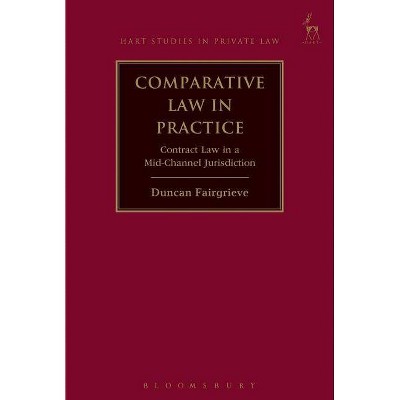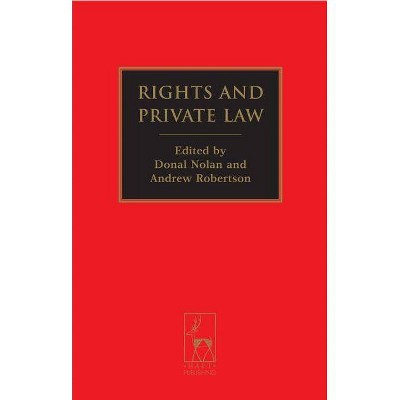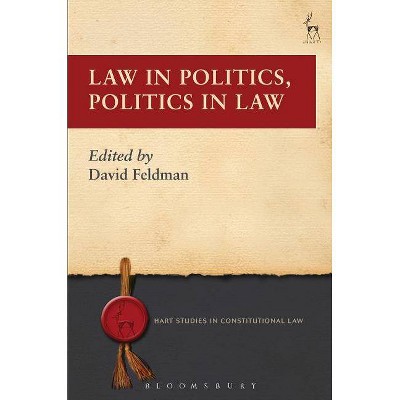Soft Law and Public Authorities - (Hart Studies in Comparative Public Law) by Greg Weeks (Paperback)
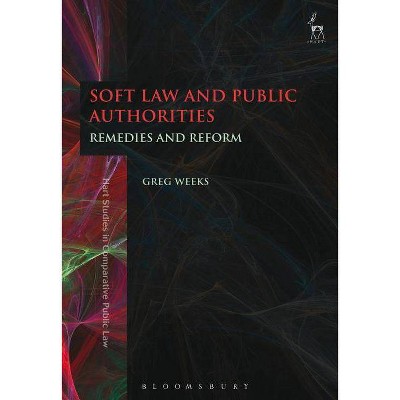
Similar Products
Products of same category from the store
AllProduct info
<p/><br></br><p><b> Book Synopsis </b></p></br></br>This book considers the phenomenon of soft law employed by domestic public authorities. Lawyers have long understood that public authorities are able to issue certain communications in a way that causes them to be treated like law, even though these are neither legislation nor subordinate legislation. Importantly for soft law as a regulatory tool, people tend to treat soft law as binding even though public authorities know that it is not. It follows that soft law's 'binding' effects do not apply equally between the public authority and those to whom it is directed. Consequently, soft law is both highly effective as a means of regulation, and inherently risky for those who are regulated by it. Rather than considering soft law as a form of regulation, this book examines the possible remedies when a public authority breaches its own soft law upon which people have relied, thereby suffering loss. It considers judicial review remedies, modes of compensation which are not based upon a finding of invalidity, namely tort and equity, and 'soft' challenges outside the scope of the courts, such as through the Ombudsman or by seeking an ex gratia payment.<p/><br></br><p><b> Review Quotes </b></p></br></br><br>The book provides an extensive examination of Australia's use of soft law, against the background of Australian public law, (...). The examination demonstrates Dr Weeks's deep understanding of public, particularly administrative, law and its current jurisprudence. This work is an invaluable source of information about the law and developments in the area of soft law enriched by its references to the broader background of Australian public law.<br/>Australian Journal of Administrative Law<br><br>This book is the leading work on soft law in Australia for academics and law reformers alike.Its value for practitioners is in the author's exploration of the possible remedies available when a public authority breaches its own soft law. The author offers an insightful perspective for practitioners seeking to challenge government decisions that do not accord with government policy and to explore the proposition that the categories of jurisdictional error are not closed.<br/>Australian Law Journal<br><br>This is an important book which repays reading as a whole before returning to consider at greater<br/>depth particular insights which its parts contain. I congratulate Dr Weeks on writing it.<br/>PLR<br><p/><br></br><p><b> About the Author </b></p></br></br>Greg Weeks is Senior Lecturer in the Faculty of Law, University of New South Wales.
Price History
Price Archive shows prices from various stores, lets you see history and find the cheapest. There is no actual sale on the website. For all support, inquiry and suggestion messagescommunication@pricearchive.us
